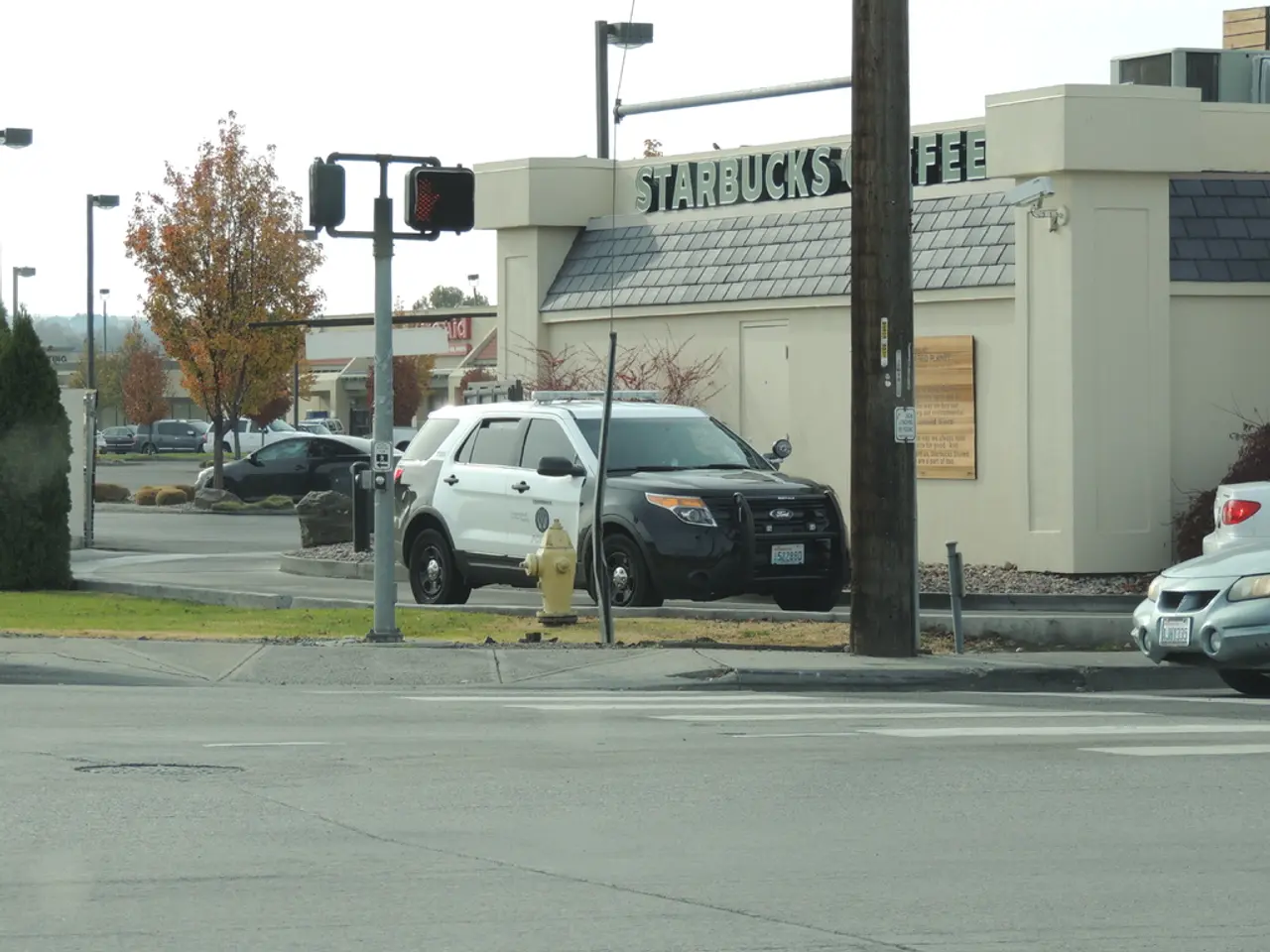Title: The Impact of Wildfires on Human Health
Wildfires in LA have claimed at least 11 lives and scorched over 37,000 acres, leaving thousands of buildings in ruins and prompting mass evacuations. The health impact of these wildfires can be vast, both in the short and long term.
Carbon Monoxide Threat
Nearby residents should be wary of carbon monoxide, a colorless, odorless gas that can seep out from smoldering fires. When inhaled, this harmful gas can lower the oxygen supply to vital organs like the heart and kidneys, potentially leading to dire consequences such as kidney injury, heart failure, and even heart attacks.
Short-Term Health Effects
Wildfires don't just affect those in close proximity to the blaze. Poor air quality from smoke spreads far and wide, too. The tiny particles in wildfire smoke, called particle pollution, can give rise to eye and respiratory irritations, coughing, and shortness of breath when breathed in.
Long-Term Health Effects
These tiny particles can lodge deep within the lungs, causing lingering damage. Over time, they can trigger chronic conditions like asthma or obstructive lung disease, increasing the risk of heart attacks and strokes due to lung injury and inflammation.
Mental Health Impact
Losing a home to wildfires can take an emotional toll, resulting in stress, anxiety, and even long-term depression. Famous faces like Billy Crystal and Paris Hilton have also suffered property losses due to the wildfires, amplifying these feelings.
Vulnerable Populations
Children, the elderly, and those with pre-existing health conditions are the most susceptible to wildfire smoke's harmful effects. Their young or weakened lungs cannot cope with toxic compounds as efficiently as those of adults, amplifying the consequences.
Minimizing Health Risks
The safest course during wildfires is to remain indoors, keeping windows and doors shut. However, this is not always possible. In such situations, evacuation becomes necessary, along with prompt medical attention if you start showing telltale symptoms such as coughing, struggling to breathe, or experiencing chest pain.
Frequent air humidifiers and purifiers can help create a cleaner and safer indoor environment during wildfires, minimizing the risk of inhaling harmful smoke and debris.
Wildfires and health can have serious consequences, including lung injury due to inhaling harmful substances like carbon monoxide, which can lead to heart failure and attacks. The health effects of wildfires aren't limited to the short term; they can also cause long-term problems, such as triggering chronic conditions like asthma or obstructive lung disease in vulnerable populations like children, the elderly, and those with pre-existing health conditions. Public health officials urge individuals to take necessary precautions, such as staying indoors, closing windows, and using air purifiers during wildfires to minimize health risks.






